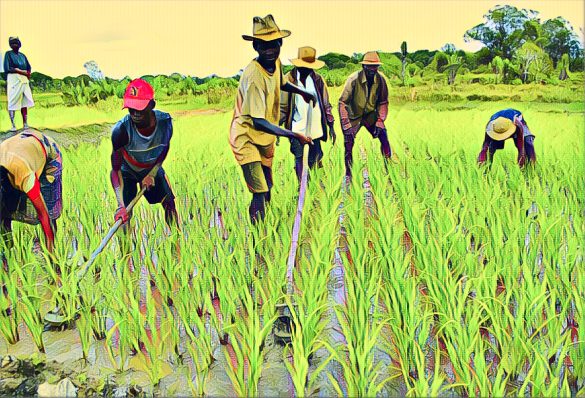In the realm of African politics, partisan agendas have often stymied the potential of farming communities despite the continent’s vast natural resources, such as fertile land, abundant water, and a favorable climate. These communities, which should ideally flourish, sometimes find urban areas offering more promise.
African youth, educated and eager, face a stifling political environment that does not fully harness their varied skills, especially in countries where agriculture is the mainstay. Instead of propelling young minds through the agricultural value chain—spanning logistics, value addition, and market expansion—many remain tethered to basic production roles.
According to a report by Newsday Zimbabwe, the democratic voting systems adopted from Western models also present challenges. Not all votes and the motivations behind them are created equal. While urban voters might prioritize municipal services like garbage collection, their rural counterparts often emphasize better infrastructure and market access for their products. It’s crucial that votes have an economic relevance, ensuring they reflect the unique concerns of each district or province.
Boundaries, both physical and conceptual, are a point of contention. From political demarcations to religious jurisdictions, Africans navigate a maze of borders, many of which have colonial origins. While some borders are hard to erase, social, economic, and cultural boundaries can and should be reimagined. For instance, instead of being segregated by political affiliations, communities can be grouped by expertise. Economists, environmentalists, and cultural preservationists can each spearhead dialogues in their respective domains.
The aftermath of elections also warrants introspection. Most African nations do not engage in post-election evaluations, missing out on understanding the electorate’s expectations. Engaging with the public post-election and using dialogues to shape future strategies can redirect focus from past grievances to future potential. Such interactions can help decode why voters chose a particular candidate and align leaders’ goals with community aspirations.
Equally vital is the clarity of political messaging. The rhetoric often orbits lofty ideas, leaving local concerns unaddressed. For a farmer, the concerns are straightforward: better roads, indigenous food preservation, and equitable market access. These daily issues, if overlooked, can create a disconnect between the leaders and the followers.
At the community level, a leader’s role extends beyond policymaking. Empowering communities to utilize their resources efficiently, promoting practices like agroecology, and tapping into local institutions for markets are more pertinent than grandiose national projects. After all, community-centric politics promotes holistic development and inclusivity.


